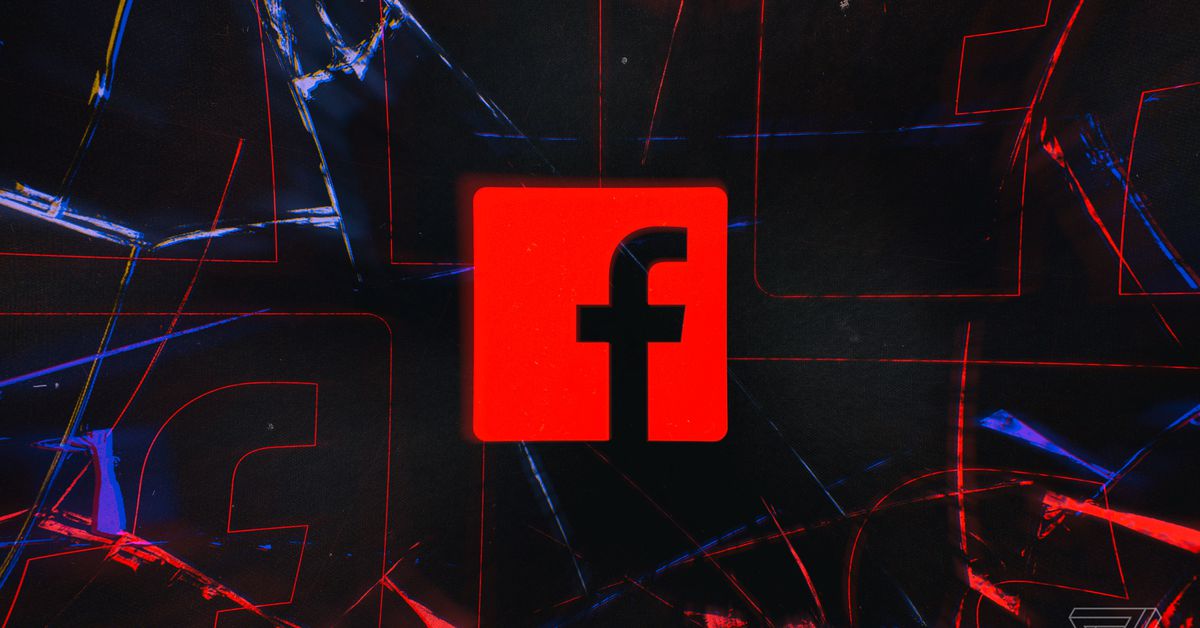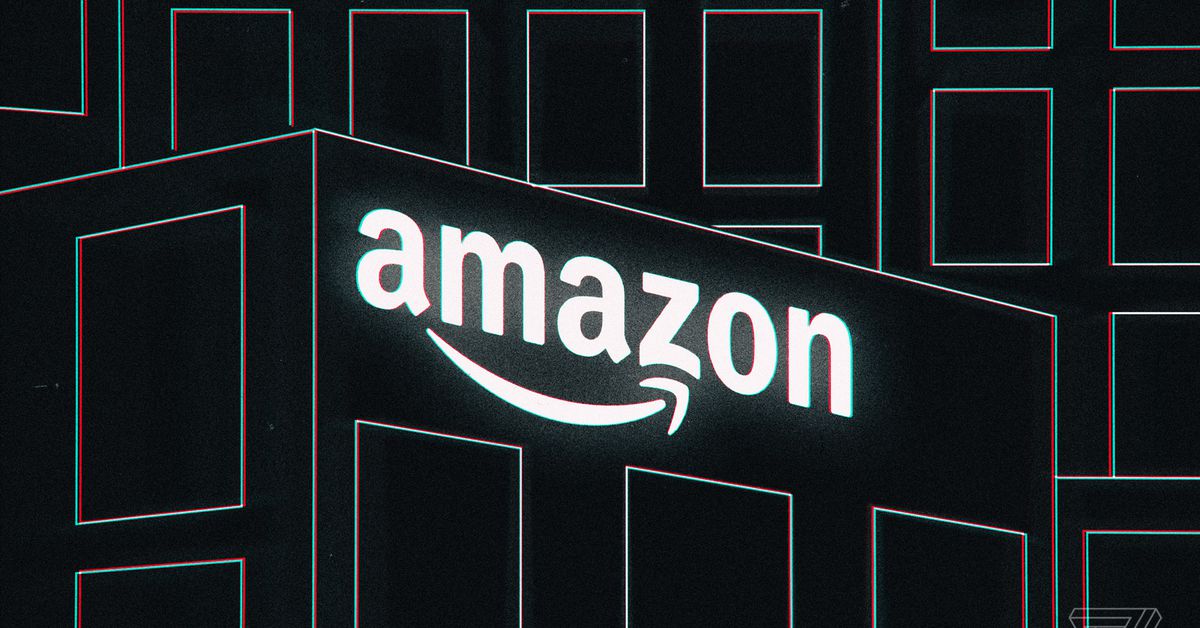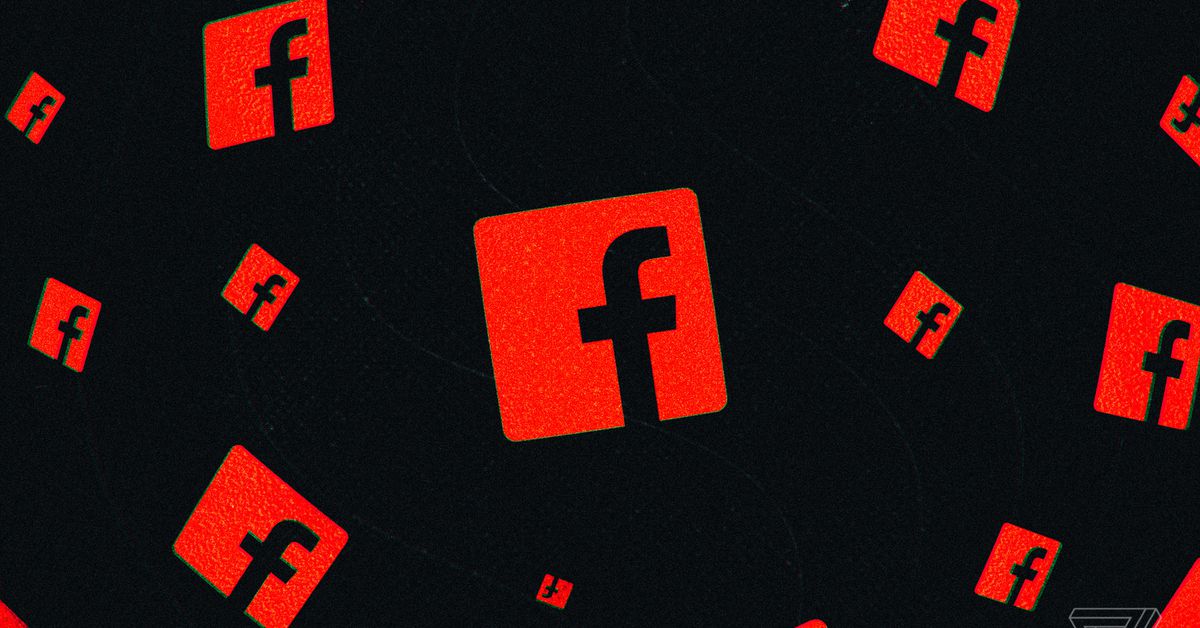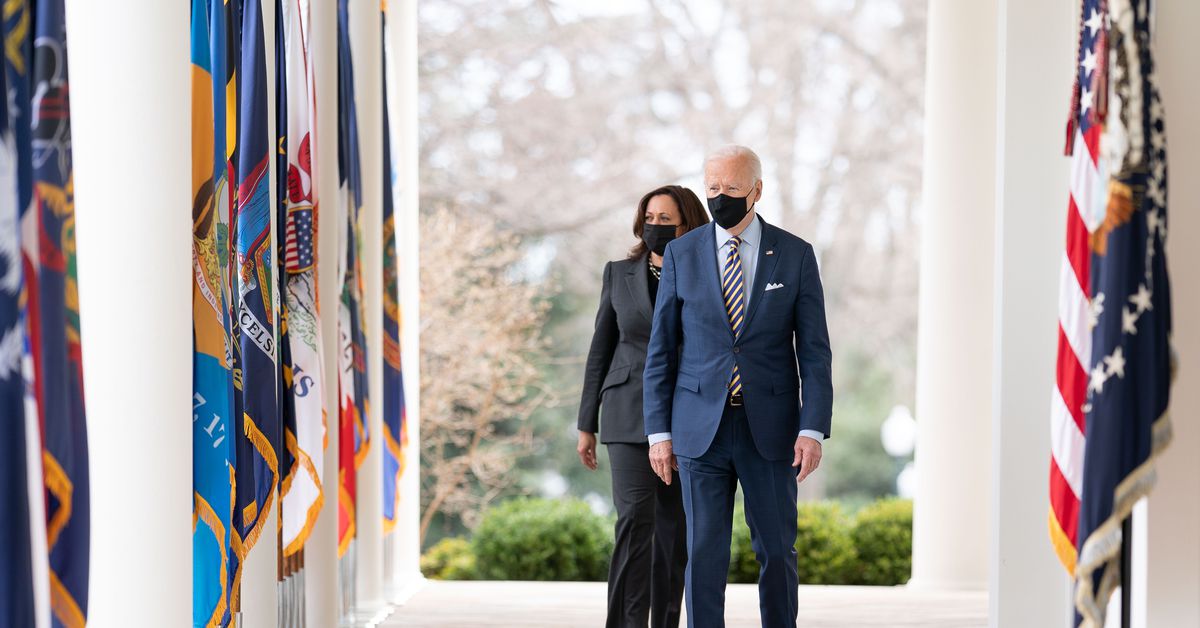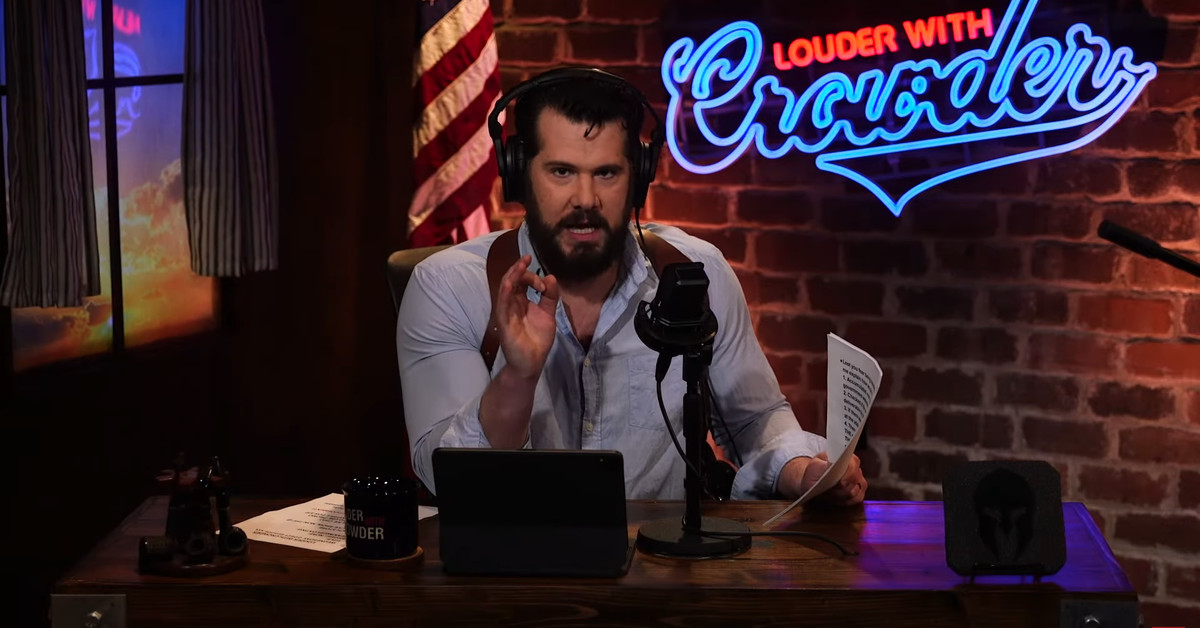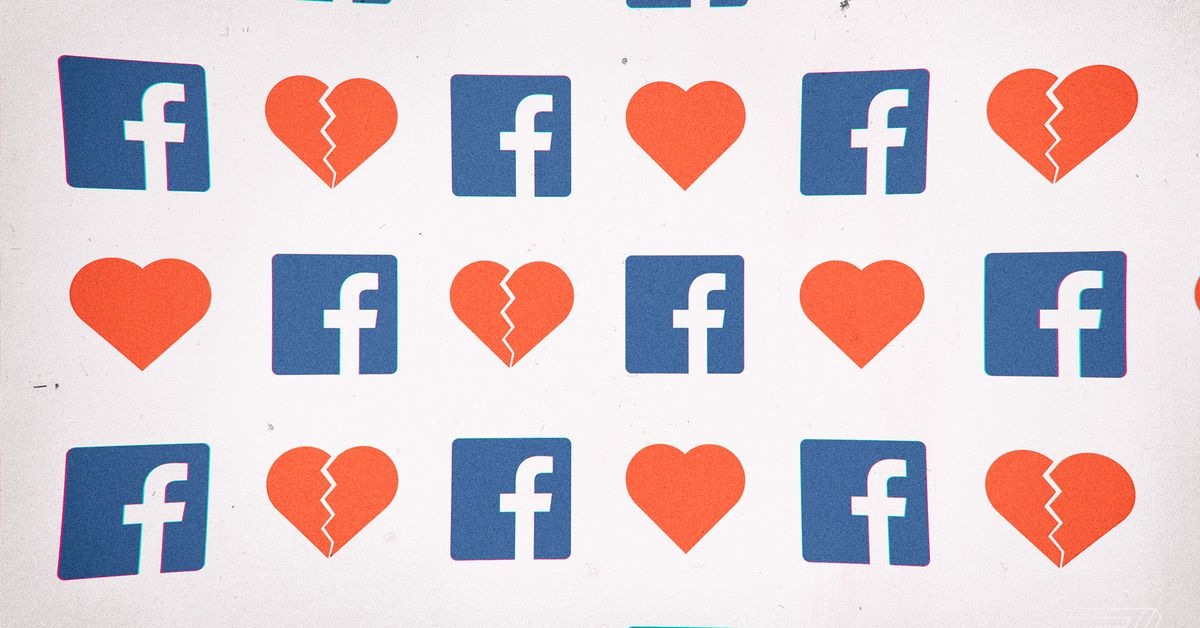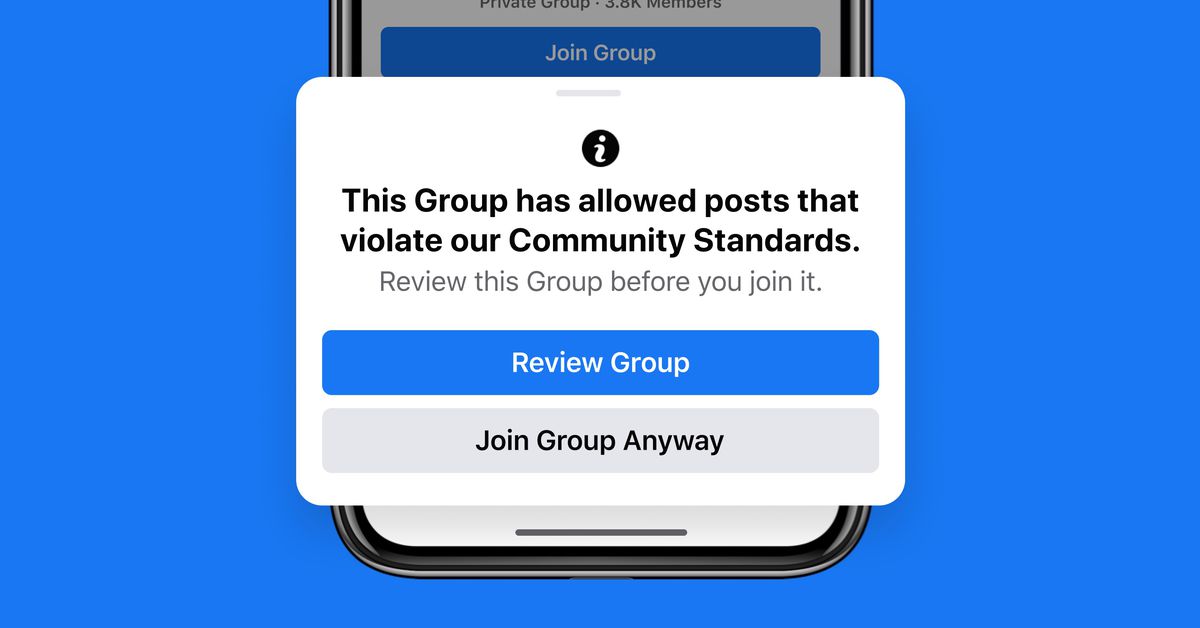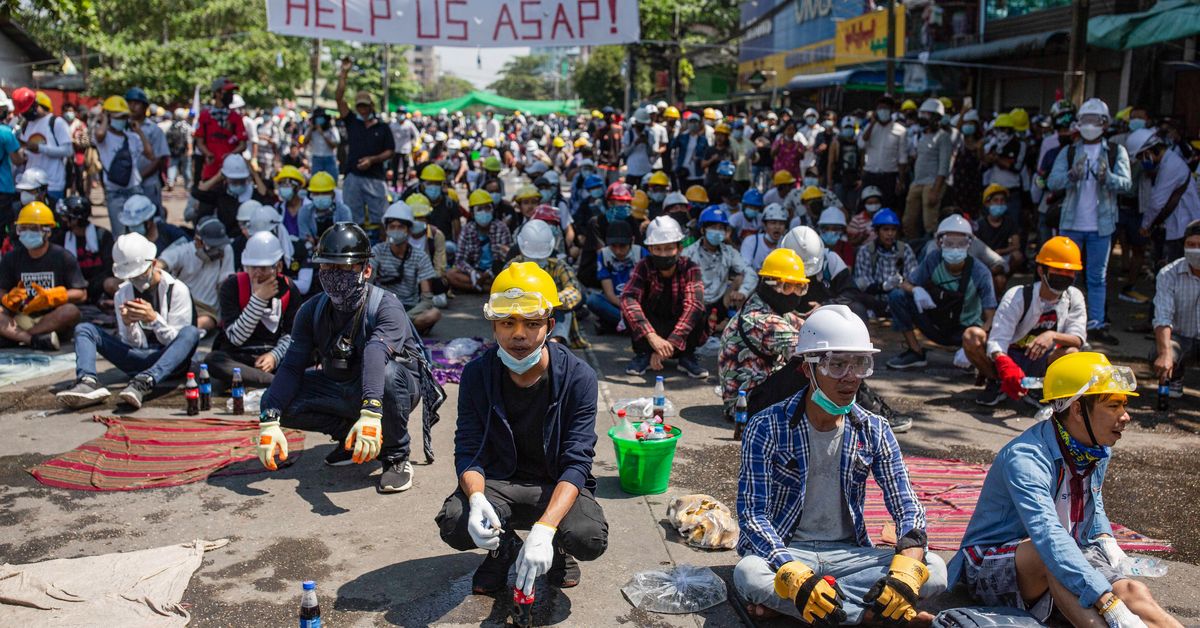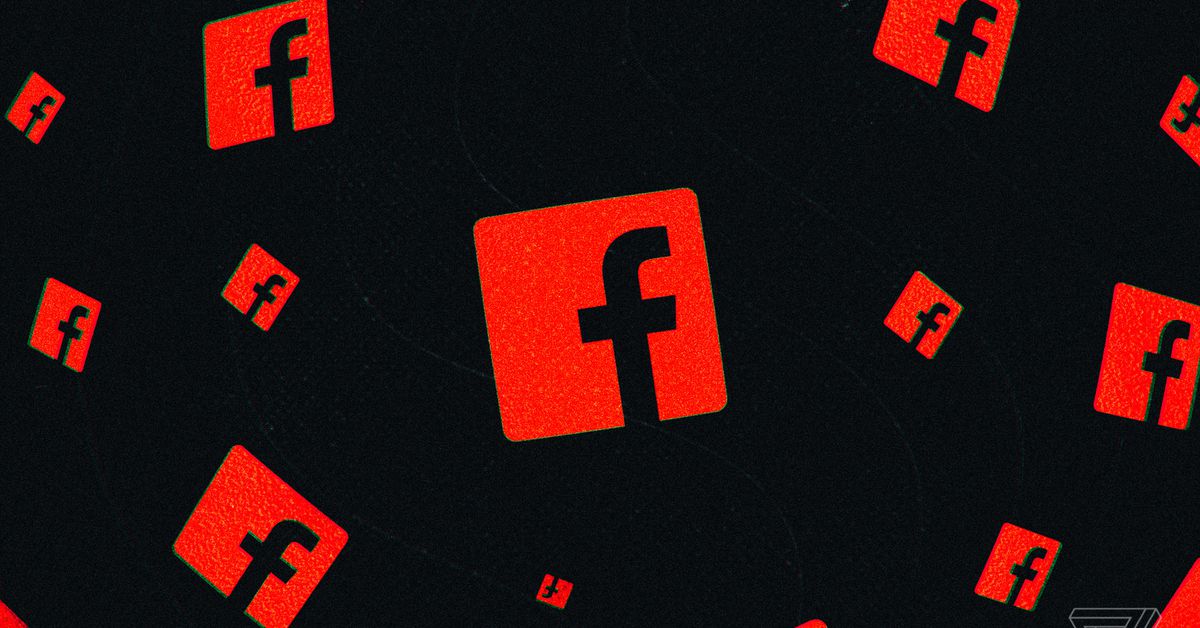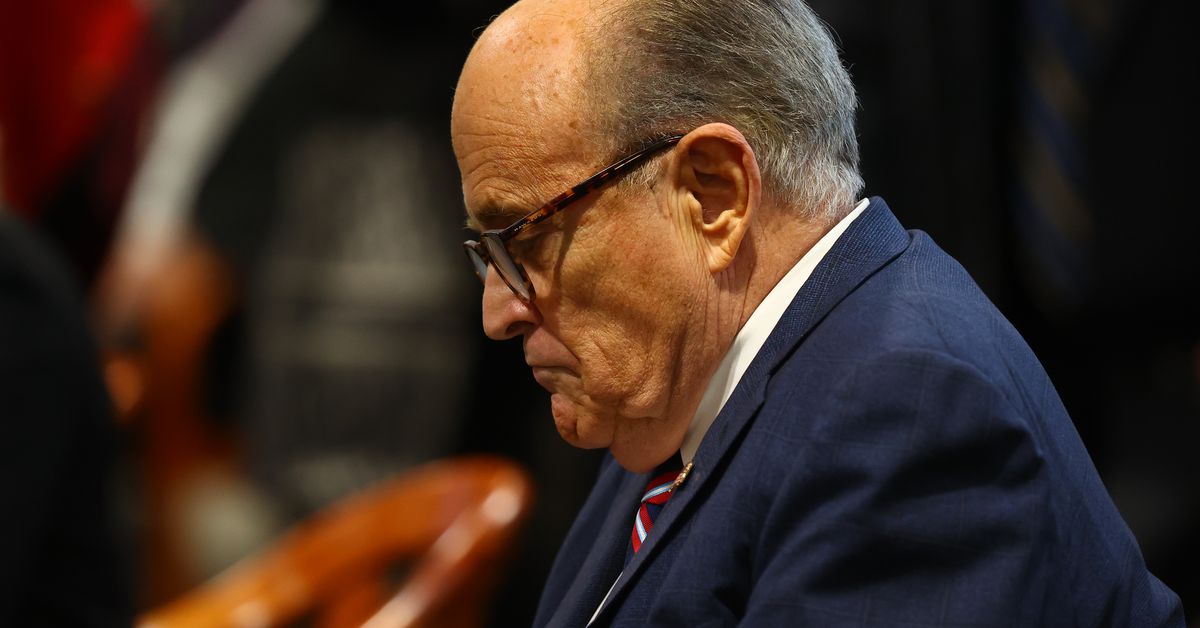For more than a year, a group of workers in Bessemer, Alabama have campaigned to unionize their warehouse under the Retail, Wholesale and Department Store Union (RWDSU), hoping to force the retail giant to collectively bargain with its warehouse workers for the first time. On Friday, those hopes came to an abrupt end. In a unit-wide election, workers at the warehouse voted against unionization by a more than 2-1 margin, with 738 votes in favor to 1,798 against.
It’s a devastating loss for the RWDSU and the labor movement broadly. The union is still fighting the result — filing objections and arguing that Amazon’s campaign violated labor law — but those challenges are unlikely to change the result. After dreaming of a domino effect that could unionize Amazon warehouses across the country, organizers are now fighting to keep that dream alive.
But while the lopsided result was a surprise to many, it’s part of a long, frustrating history for American labor organizers. In simple terms, not very many American workers are unionized, and organizers are used to facing an uphill battle in unionizing new workplaces. Outside of government jobs, just 6.3 percent of US workers belong to a union, a number that has fallen slightly over the past 10 years. Southern industrial workers have been a particularly sort point for the labor movement, with similar drives losing out at a Volkswagen plant in Chattanooga in 2019 and a Nissan plant in Mississippi in 2017. Seen in that context, the Bessemer loss is less of a surprise victory for Amazon and more of a depressing return to the norm.
“It’s a blow to the labor movement, but it’s part of a pattern that’s been going on in corporate America for a long time,” says Professor Dan Cornfield, a labor sociologist at Vanderbilt University.
Another force working against organizers is US labor law, which gives employers broad leeway to promote an anti-union message in the workplace. Amazon had campaigned aggressively against the union in recent months, posting anti-RWDSU flyers in warehouse bathrooms and bombarding workers with targeted text messages. But while organizers saw those tactics as fighting dirty, they’re all within the bounds of current law.
“Our labor law is stacked against the people it’s meant to protect,” says Rebecca Kolins Givan, an Associate Professor at the Rutgers School of Management and Labor Relations. “It’s extremely hard for workers to organize a union and ridiculously easy for employers to bully them out of it.”
Tactics like the “captive audience” meeting — in which employers force workers to attend anti-union workshops as part of their job — are particularly controversial among labor activists. “Part of the problem is that the law gives the employer too much latitude to interfere,” says Benjamin Sachs, Kestnbaum Professor of Labor and Industry at Harvard Law School. “So the union can’t challenge a lot of what Amazon did, like captive audience meetings, because the law is that the employer has the right to do that.”
Some are also pointing to tactical missteps made in the campaign. Organizers minimized house calls with workers because of the pandemic, instead focusing on reaching workers outside the plant itself where Amazon had greater influence. There was also significant confusion over the unit itself, with organizers underestimating the number of eligible workers by thousands in the early stages of the campaign. While the 1,060-vote margin might seem daunting, it’s dwarfed by the thousands of in-unit workers who did not cast a ballot at all, whether because of indifference or intimidation.
For Cornfield, the most important force was the economics of the region. Like much of the country, Alabama’s unemployment rate spiked during the pandemic, going from 2.6 percent to 13.6 percent from March to April. It was a huge economic shock to the region, and may have put a dark cloud over the union effort.
“If an employer does behave aggressively and much of the workforce has experienced recession level unemployment,” Cornfield says, “that’s a lethal combination for workers who might otherwise see the merits of unionization.”
Now that the Bessemer fight is over, there’s a lot labor groups can do to level the playing field. There’s particular hope that, under Biden, the National Labor Relations Board will start to change the rules around captive audience meetings and other tactics. The PRO Act, currently awaiting a Senate vote, would go even further, establishing monetary penalties for executives who skirt labor laws, among other measures. But in the meantime, any future efforts to organize Amazon warehouses will face much longer odds.
“I know the outcome is not what a lot of people wanted to hear,” said Michael Foster, one of the leading RWDSU organizers in Bessemer, in a press conference on Friday. “But I believe this is the foundation for something great… by no means is this the end.”


